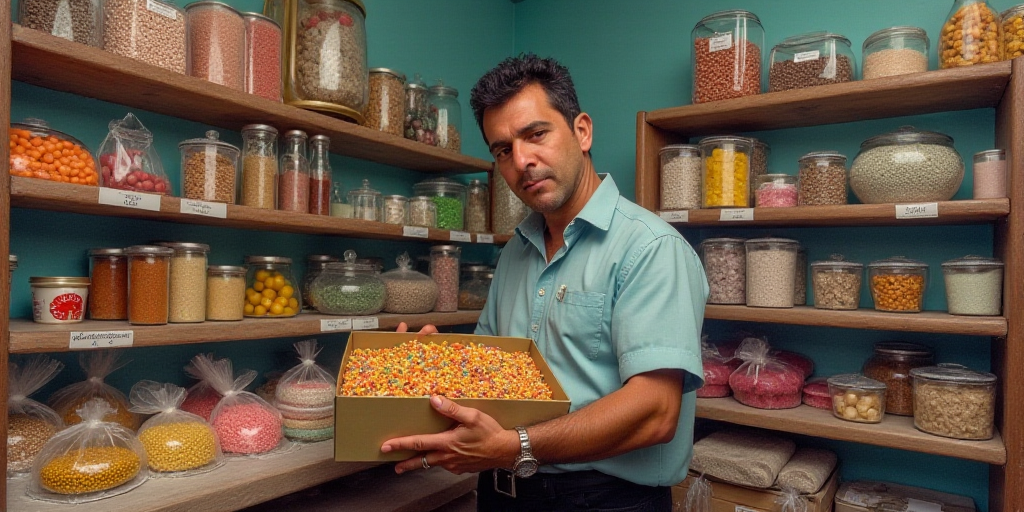Introduction to Sustainability in Business
In today’s world, sustainability has become an unavoidable priority for businesses. Adopting responsible practices not only responds to the growing demand of conscious consumers but also presents an opportunity for innovation, efficiency, and active contribution to the well-being of our planet. One such company leading the way is Grupo Bimbo, the world’s largest bakery group.
Grupo Bimbo’s “Zero Waste” Strategy
Grupo Bimbo has intensified its efforts through its “Zero Waste” strategy, focusing on minimizing the environmental impact of its operations. This initiative is supported by three key pillars: developing recyclable packaging, reducing food waste, and using water responsibly.
Key Objectives and Progress
100% Recyclable, Biodegradable, or Compostable Packaging by 2025:
Grupo Bimbo aims to ensure that 100% of its packaging is recyclable, biodegradable, or compostable by 2025. As of the end of 2024, the company has already made significant progress, with 94% of its packaging meeting these criteria.
- Packaging Material Reduction: In the past year, Grupo Bimbo successfully reduced approximately 600,000 kilograms of materials in its packaging through optimized thickness and dimensions. This not only results in resource savings but also significantly reduces waste generation.
- Economy Circular Approach:
The company actively promotes the circular economy through strategic alliances focused on material recovery and recycling. One such collaboration is with ECOCE, an organization that collects flexible packaging and reuses 100% recycled materials to manufacture logistics pallets, with 20% sourced from post-consumer packaging.
Partnerships and Initiatives
Grupo Bimbo maintains alliances with Ecolana to encourage proper waste disposal and participates in initiatives like Plastianguis and Reciclamanía Evoluciona (in collaboration with Walmart) to promote recycling among consumers.
On an international level, Grupo Bimbo’s impact is significant. In Colombia, they reuse residual plastic for social projects’ bag production, while in Brazil, through the Dê a Mão para o Futuro association, they have successfully collected 100% of the plastic from their market packaging.
Conclusion
Through these efforts, Grupo Bimbo solidifies its position as a leader in the food industry regarding sustainability, aligning its global operations with a clear purpose: building a more sustainable future for upcoming generations.
Key Questions and Answers
- What is Grupo Bimbo’s sustainability strategy? Grupo Bimbo’s “Zero Waste” strategy focuses on minimizing environmental impact through recyclable packaging, reducing food waste, and responsible water use.
- What are Grupo Bimbo’s packaging goals? By 2025, Grupo Bimbo aims for 100% of its packaging to be recyclable, biodegradable, or compostable. Currently, 94% of their packaging meets these criteria.
- How does Grupo Bimbo reduce packaging materials? The company has reduced approximately 600,000 kilograms of materials in its packaging through optimized thickness and dimensions.
- What partnerships does Grupo Bimbo have for sustainability? Grupo Bimbo collaborates with ECOCE for material recovery and recycling, works with Ecolana for proper waste disposal, and participates in initiatives like Plastianguis and Reciclamanía Evoluciona with Walmart to promote recycling.
- How does Grupo Bimbo contribute internationally to sustainability? In Colombia, they reuse residual plastic for social projects’ bag production. In Brazil, through Dê a Mão para o Futuro, they have successfully collected 100% of the plastic from their market packaging.






